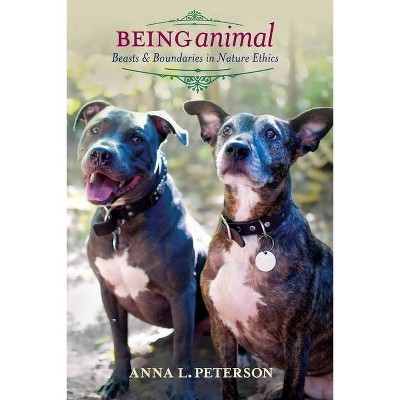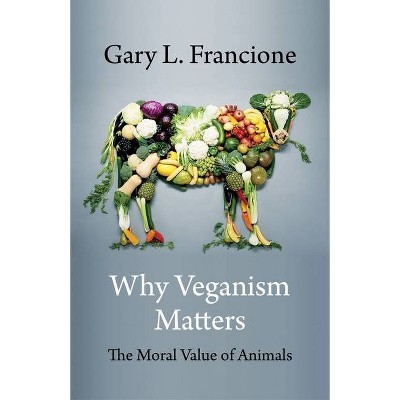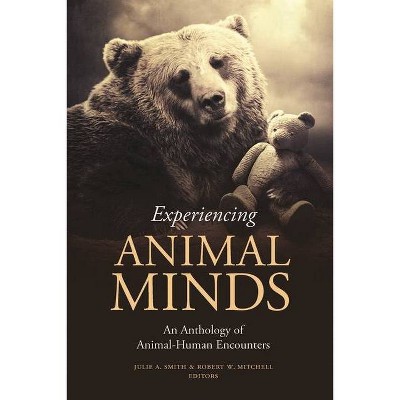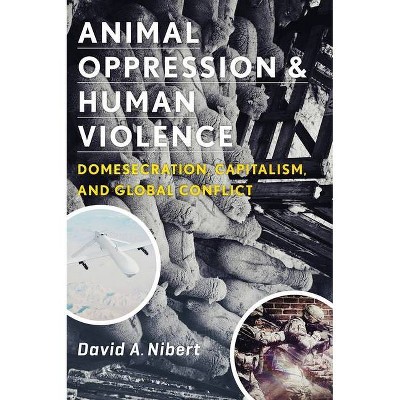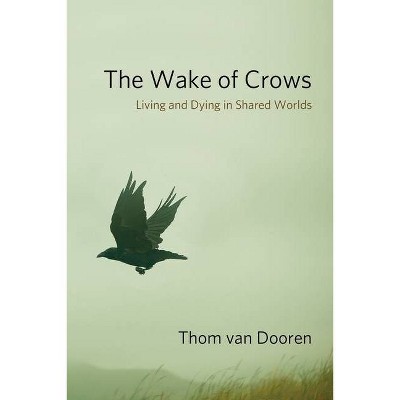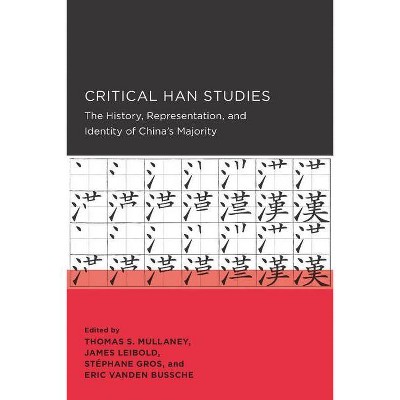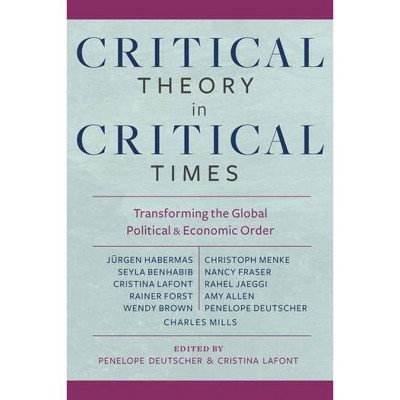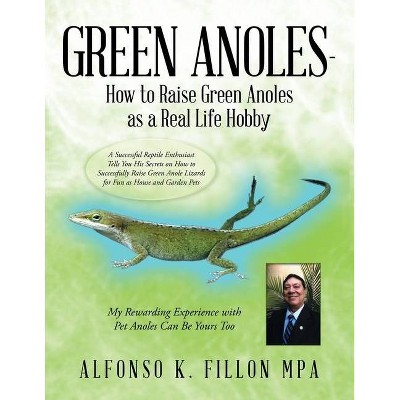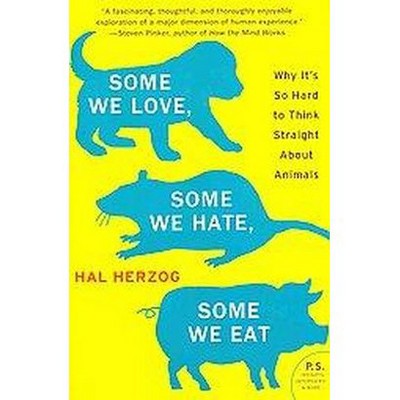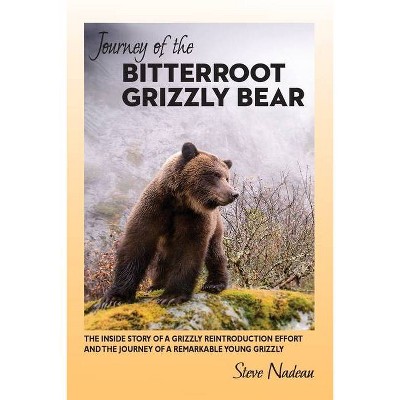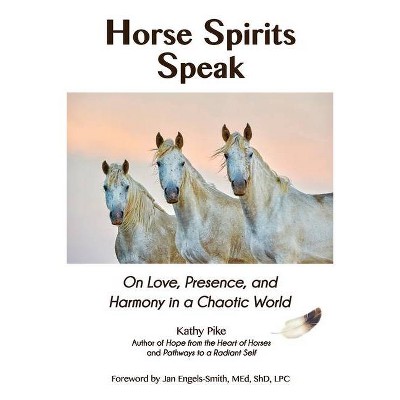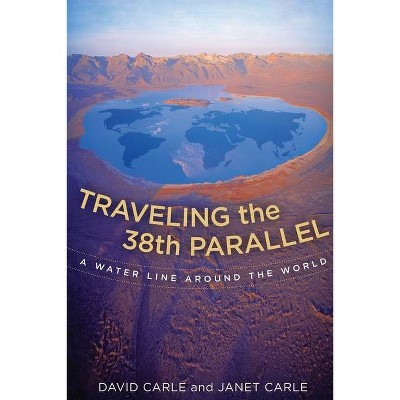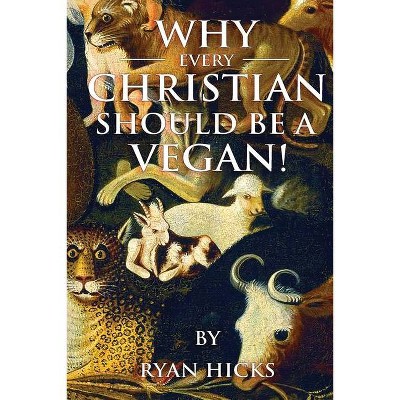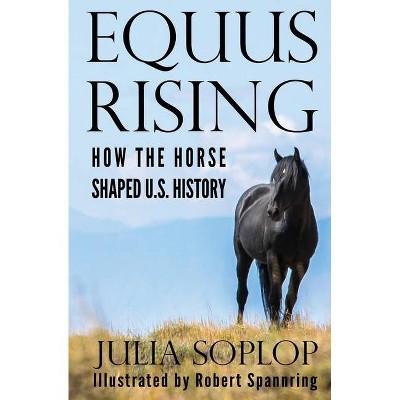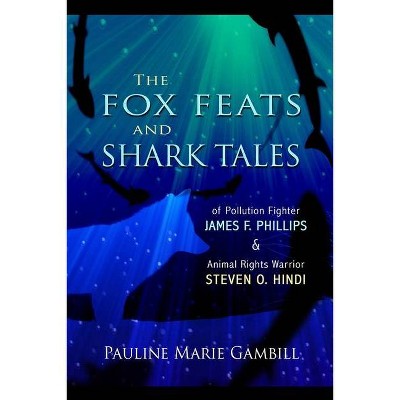Interspecies Ethics - (Critical Perspectives on Animals: Theory, Culture, Science,) by Cynthia Willett (Paperback)
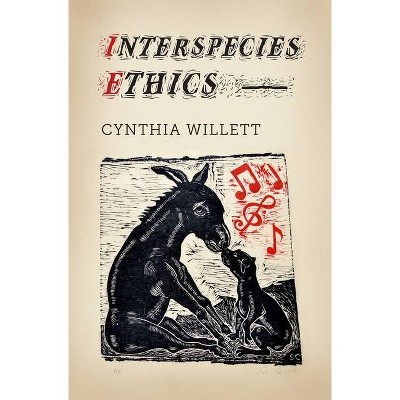
Similar Products
Products of same category from the store
AllProduct info
<p/><br></br><p><b> About the Book </b></p></br></br>Interspecies Ethics explores animals' vast capacity for agency, justice, solidarity, humor, and communication across species.<p/><br></br><p><b> Book Synopsis </b></p></br></br><p><em>Interspecies Ethics</em> explores animals' vast capacity for agency, justice, solidarity, humor, and communication across species. The social bonds diverse animals form provide a remarkable model for communitarian justice and cosmopolitan peace, challenging the human exceptionalism that drives modern moral theory. Situating biosocial ethics firmly within coevolutionary processes, this volume has profound implications for work in social and political thought, contemporary pragmatism, Africana thought, and continental philosophy.</p><p><em>Interspecies Ethics</em> develops a communitarian model for multispecies ethics, rebalancing the overemphasis on competition in the original Darwinian paradigm by drawing out and stressing the cooperationist aspects of evolutionary theory through mutual aid. The book's ethical vision offers an alternative to utilitarian, deontological, and virtue ethics, building its argument through rich anecdotes and clear explanations of recent scientific discoveries regarding animals and their agency. Geared toward a general as well as a philosophical audience, the text illuminates a variety of theories and contrasting approaches, tracing the contours of a postmoral ethics.</p><p/><br></br><p><b> Review Quotes </b></p></br></br><br>Willett draws on an incredible range of sources and disciplines for this project, demonstrating in the process how work in animal studies requires redrawing disciplinary boundaries in significant ways.--The Year's Work in Critical and Cultural Theory<br><br><i>Interspecies Ethics</i> is philosophy's St. Crispin's speech for creating a new compact with our animal kin. Cynthia Willett's book is a must read for anyone and everyone committed to putting the humanity back into human living and restoring the planet.--G.A. Bradshaw, author of <i>Elephants on the Edge: What Animals Teach Us About Humanity</i><br><br>A wonderful book that insists upon our return to the paleozoic ground of ethics and opens so many doors for further thinking about how we animals must live together as the planet evolves in strange and horrifying ways.--Louise Westling "Environmental Values "<br><br>Distancing herself from the traditional anthropocentrism regarding other animals and the ethics that we apply, Cynthia Willett integrates recent scientific discoveries with a careful reading of philosophy and literary analysis. The result is a rich, enlightening book about the relation between us and our evolutionary fellow travelers.--Frans de Waal, author of <i>The Bonobo and the Atheist</i><br><br>Filled with insight and humor, fascinating animal studies and profound philosophical speculations on the meaning of life and our place in it, Willett's<i> Interspecies Ethics</i> is a beautifully crafted testament to the need for interspecies ethics by considering what she calls "communitarian cohabitation." Bringing together classical philosophy, contemporary Continental Philosophy, literature, psychology, zoology, and animal studies, Willett weaves a captivating tale of human-animal relationships that takes us well beyond human domination and towards interspecies community. This may be as important a paradigm shift in animal studies as Peter Singer's animal liberation or Jacques Derrida's deconstruction of the category "Animal."--Kelly Oliver, author of <i>Animal Lessons: How They Teach us to be Human</i>, and <i>Earth and World</i><br><br>If you are one of a vanishing minority of people who think that we humans are the only animals with highly evolved cognitive and emotional capacities and agency, Cynthia Willett's new book will surely make you reconsider this false view of who we are and who they (other animals) really are. The border between "us" and "them" already is blurry, and as we accumulate scientific data on the fascinating and surprising lives of other animals it becomes even more blurred. Surely, humans are exceptional beings, but so too are other animals. Arguing for human exceptionalism at the expense of other animals no longer works. We all need someone we can lean on and with whom we can engage, and this book and much research show that we lose when other animals lose, and similarly, we flourish when they flourish and when they are treated with respect and dignity. Peaceful coexistence is win-win ethic for all.--Marc Bekoff, editor of <i>Ignoring nature no more: The case for compassionate conservation</i> and author of <i>Rewilding our hearts: Building pathways of compassion and coexistence</i><br><br>In Interspecies Ethics, Cynthia Willett gives us a book from which the reader derives pleasure as well as lessons. There is deftness in the prose, a breadth of vision in the references, and a genuine feeling to the book, a feeling we could call "humaneness" if the restrictiveness of that phrase weren't one of the targets of the book. "Interspecies ethics" is an affect-based ethics, focusing on attachments and disruptions within and across species lines. Outflanking common continental tropes, Willett's interspecies ethics is neither a "response ethics" nor a "becoming animal," but a living with animals. In the course of the book we find a movement, "from affect attunement in horizontal relationships, [which] culminates in an enlightened experience of cosmic peace." But the author won't rest without turning to "predation and death." Hence the Coda's discussion of Coetzee's Disgrace. But even then there is a turn not to the simple positive but to regeneration, the intertwining not just of human and non-human but of death and life as the tragic violence of the Coda ends with a "musical vision of mourning that regenerates the social basis of interspecies life."--John Protevi, Louisiana State University<br><p/><br></br><p><b> About the Author </b></p></br></br>Cynthia Willett (PhD, Philosophy, Penn State) is Samuel Candler Dobbs Professor of Philosophy at Emory University, with affiliations in Women, Gender, and Sexuality Studies and Psychoanalytic Studies. She is the author of Maternal Ethics and Other Slave Moralities (Routledge, 1995), The Soul of Justice: Social Bonds and Racial Hubris (Cornell, 2001), Irony in the Age of Empire: Comic Perspectives on Democracy and Freedom (Indiana, 2008), and Interspecies Ethics (Columbia, 2014) and the editor of Theorizing Multiculturalism (Blackwell, 1998).
Price History
Price Archive shows prices from various stores, lets you see history and find the cheapest. There is no actual sale on the website. For all support, inquiry and suggestion messagescommunication@pricearchive.us
